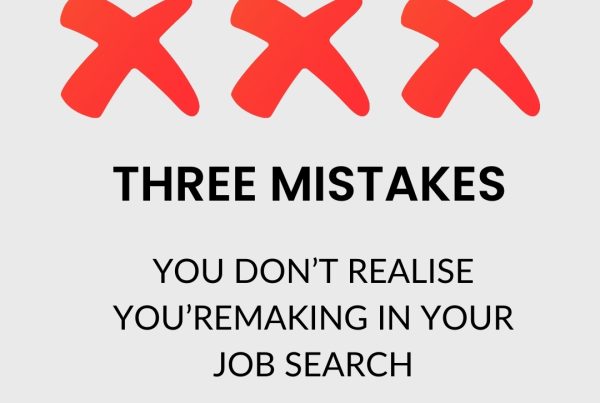
Resigning from a job can be a difficult (and uncomfortable) process to navigate. If you’re in a sales role like mortgage broking or retail banking, or if you’re planning to start your own business, transitioning into your new workplace with respect and integrity is crucial, so you don’t jeopardise your personal brand or reputation in the industry.
These four simple steps can guide you towards quitting your job strategically, so you can move forward with the best possible outcome.
1. Consider your future carefully
So you’ve been offered a new role. Firstly, congratulations! Whether you were actively looking for work, or have been specifically sought out, the prospect of a new job is always exciting. Before you march out of your current job though, make sure you take plenty of time to weigh up your options and think about if this is a good career move for you or not. While your new employer may want you to get started as soon as possible, you can ask for a few days to consider their offer before accepting.
Ask yourself:
- Will this new role allow you to upskill or learn more?
- Is there opportunity to advance your career? (i.e. is this a step up for you?)
- Will you gel well with the new team?
- Is the remuneration good?
- Will the work hours be flexible enough for you?
If your next career move is starting your own business, that’s also exciting! But again, take time to talk to trusted people in your network, get some opinions, and talk with your family and mentors about whether the pressures of running your own business will be viable for you – keeping in mind that many new businesses don’t start making a profit for a few years. Chatting with a knowledgeable recruitment specialist can be beneficial if you’d like help weighing up what’s best for you.
2. Prepare to tell your boss
Once you’ve decided to accept a new position, it’s time to prepare yourself for “the conversation”. This can be daunting, particularly if you have a great relationship with your boss that you don’t want to lose. Start by reviewing your employment contract. Note how much notice you have to give, review the details of any non-compete clauses and be aware of what is owed to you (leave etc). You should go into the meeting prepared to tell your boss:
- Why you’re leaving
- The date you plan to finish up
- How you intend to assist with the handover process.
Being completely direct, open and honest is the best method for this talk. This is much more respected than making excuses or beating about the bush. Your boss will appreciate your honesty and integrity, so just tell them how it is.
Ensure you have prepared a resignation letter (or email) to send to your direct manager as soon as you finish the discussion – this is usually a contractual requirement.
Being prepared doesn’t just mean psyching yourself up for this talk. Think about what the potential outcome could be. In mortgage broking and banking, you should prepare yourself for the worst-case scenario, in which they ask you finish up immediately. This could happen due to confidentiality issues, concerns about staff morale or conflicts of interests (i.e. if you are going to join a competitor). So before you have the chat, consider if there are important personal documents on your computer that you’ll need to back up externally, or personal contact details of people you’ll want to stay in touch with that you should jot down somewhere.
3. Protect your personal brand
While some people go down the track of squeezing as much as they can out of their employer before they leave, by downloading client details or trying to poach them, know what’s good for your reputation as a credible professional. Being sneaky and unethical could result in people generating negative feedback about you in the industry and can put you at risk of breaching your contract.
Plus, if you’ve built up a solid level of trust in this job, why sabotage it now by being unethical? This boss could be a future reference for you and might continue to be a good friend and mentor, so it’s worth treating them with integrity. The more genuine and honest you are, the more your manager will respect you. Be sure to let them know how thankful you are for the opportunity they’ve given you, and leave things on good terms so you’ve got a great connection for future.
4. Do the right thing for you
While relationships can be stretched when you leave a job, and while you may wish to do the right thing by your employer, remember that in the end you need to do the right thing for you and your family. This is a time to put yourself first. Don’t let finishing up a role stress you out too much, as your focus should be on building your skills, connections and experience for your future. Do your best to keep people happy, but in the end you need to keep your own goals and needs at the top of mind.
You are remembered by how you leave an organisation, so leave your legacy in good condition.
While it may feel awkward, it’s possible to resign from a job smoothly and leave on good terms – doing right by your past employer, your future one, and you.
If you’d like help pursuing your dream career or business in mortgage broking or financial planning, contact us for a free career consultation. We can help you weigh up your career options, and leave your job well.
If you’re reading this because you just had a resignation in your team, click here for a free 15 minute business consultation.





